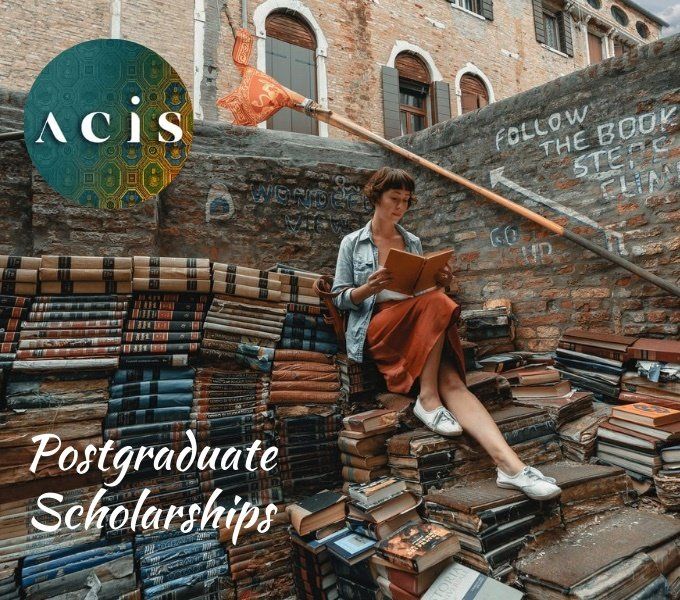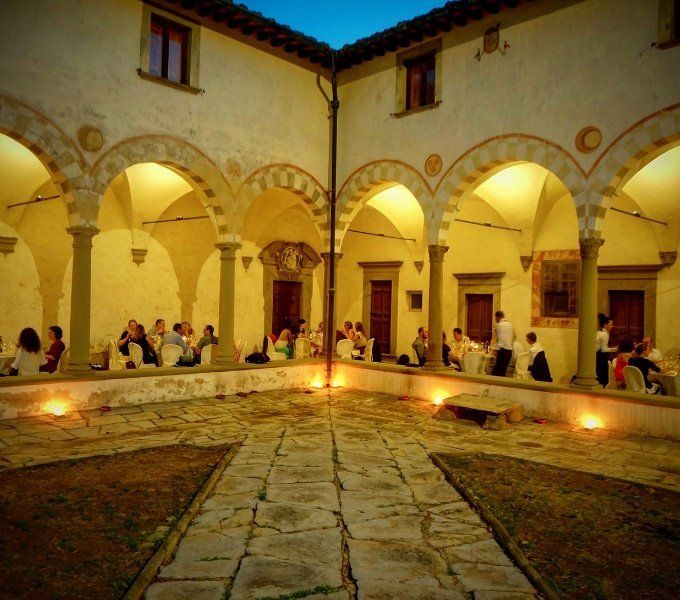Religion, translation, Orientalists, purity and danger: ACIS in Prato
The keynote speakers at the ACIS Prato conference in July have very generously allowed us access to the videos of their presentation. Maurizio Isabella (QMUL), In the Name of God: Religion, popular mobilization and the culture wars of Italy and the Mediterranean, 1790-1860 ca, viewable here, underlines the essential role played by religion in both revolutionary and counter-revolutionary communities of mobilization. Pierangela Diadori (Università per Stranieri di Siena), Multiculturality and Inclusion through Plurilingual Public Signs in Contemporary Italy, linked here, offers a guide to the ways in which translation issues surface in public signs in multicultural Italy. Barbara Spackman (UC Berkeley) tracks the careers of two rackety but enterprising Italians, in Egypt by desertion or misadventure, in her Accidental Orientalists: Nineteenth-century Italian travelers in Egypt, available here. And Nicholas Terpstra (University of Toronto) describes the forms of discipline and exclusion developed to ward off the dangers of impurity in Religious Refugees in the Early Modern Period: Faith, identity, and purification in the Italian context, available here. The abstracts for their talks can be found by reading on below ...
ACIS Conference Prato, 2017. Final Dinner. Photo Catherine Kovesi
Maurizio Isabella : In the name of God: religion, popular mobilization and the culture wars of Italy and the Mediterranean, 1790-1860 ca
My paper locates the political culture of the Italian peninsula between the late 18
th century and the mid-19
th century in the context of the intellectual exchanges and conflicts taking place in the Mediterranean and Southern Europe in the age of revolutions. It does so by looking at the role played by religion and religious culture in mobilizing people across the region, from the Iberian peninsula to the Middle East, along with the cultural convergences and interactions that it produced. It argues that the rise of mass politics and the cycles of revolution and counterrevolution in the Mediterranean, combined with attempts to rebuild and stabilize the political order, made religion more, not less relevant, and its political uses more important than ever. It shows that Italian along with other intellectuals in the region (whether Catholic, Orthodox or Muslim) employed religion not only to justify rebellion and insurrection against the enemy, but also to find a solution to the problem of reconciling order and authority with freedom. By so doing, they also almost always conceived new political communities that empowered but also excluded, justifying religious intolerance more often than challenging it.
Pierangela Diadori :
Multiculturality and inclusion through plurilingual public signs in contemporary Italy
The study of words and images displayed in public spaces has been mainly investigated during the last decade under the umbrella of the research field of Linguistic Landscapes ( LL ), connecting discourse with space, particularly urban and open spaces. As Elana Shohamy and Durk Gorter point out “ LL touches various fields and attracts scholars from a variety of different and tangent disciplines: from linguistics to geography, education, sociology, politics, environmental studies, semiotics, communication, architecture, urban planning, literacy, applied linguistics, and economics” ( Linguistic Landscape. Expanding the Scenery . New York and London: Routledge, 2009: 1).
The importance of effective communication in open spaces where a large number of subjects who do not share the same language and culture are circulating is commonly shared. These are no longer limited to bilingual regions or to those areas devoted to international exchanges or concentrations of tourists, like airports, congress halls, hotels, museums, historical centres, etc. An explosion of multilingualism has emerged in many other contexts as an expression of ethnicity, especially in urban centres where new migrants tend to settle and live.
The study of plurilingual messages in public signs – i.e. oral, iconic and written texts anonymously produced to reach the widest range of individuals that have in common only the fact of temporarily using the same public facilities – may prove particularly interesting to investigate multiculturality and inclusion in contemporary Italy. Not only the languages used and the sign location can be interpreted as witnesses of social phenomena in a changing Italy, but also the translation quality can be an important key to understand their social impact and the emotional reaction of addressees in the case of a poor translation. In this presentation a series of recent examples will be analysed and discussed.
Barbara Spackman :
Accidental Orientalists: Nineteenth-Century Italian Travelers in Egypt
This talk will examine two cases of what I call accidental Orientalists: natives of the Italian peninsula who found themselves in nineteenth-century Egypt by chance – desertion, misadventure, profiteering – and who adopted local dress, and, in one case, “turned Turk.” The lesser-known of the two, Giovanni Finati, converted to Islam and passed as Albanian throughout his life in Egypt; the better-known Giovanni Belzoni adopted local dress but his conversion remained merely sartorial. The talk will track their negotiations with the fluidity and contingency of identities to be found in the para-colonial context of nineteenth-century Egypt. Both Finati and Belzoni found themselves in roles that mediated between the British, on the hand, and the Arabs and Turks, on the other: Finati as dragoman, or interpreter, for the British, and Belzoni as excavator, funded by the British, and who in turn employed the local populations as wage laborers. From these intermediary positions, emerge subjectivations both ambiguous and ambivalent, and their narratives suggest that there may, somewhat paradoxically, be an “Italian” specificity to be found in the particular malleability of an already weak national identity when set adrift among the fluidity of identities in Ottoman lands.
Nicholas Terpstra :
Religious Refugees in the Early Modern Period: Faith, Identity, and Purification in the Italian Context
It was in the early modern period that the religious refugee first emerged as a mass phenomenon. Some of the reasons for this lie in movements for religious reform that were distinctly Italian. One distinguishing characteristic of all late medieval and early modern religious reform movements was their greater emphasis on collective purity and contagion, and their greater reliance on forms of discipline, enclosure, exclusion, and expulsion in order to deal with both the prospect and reality of impurity. Italians of that time used the Body as a key motif and image, and saw reform as a means of purifying the social body by purging it of its contagious or impure elements.
This theme is a shared characteristic of movements as opposite in character as the Observance and classical Humanism, particularly as they developed in Italy through the fifteenth and sixteenth centuries. It’s doubtful that Italians of the time fully understood or anticipated the broader social effects of these movements. Yet Italians were critical creative agents in the innovations that were transforming social, intellectual, and religious life in that time, and transforming Christianity above all. Their creativity made Italy the source of the Renaissance, and in turning this creativity to pursuing purity, containment, and purgation, it became a source of the Reformation as well – and of its many many refugees.
Share this:
- Share on Tumblr
- </div></li><li class="share-end"/><li class="share-reddit"><div class="reddit_button"><iframe src="https://www.reddit.com/static/button/button1.html?newwindow=true&width=120&url=https%3A%2F%2Facis.org.au%2F2017%2F09%2F18%2Freligion-translation-orientalists-purity-and-danger-acis-in-prato%2F&title=Religion%2C%20translation%2C%20Orientalists%2C%20purity%20and%20danger%3A%20ACIS%20in%20Prato" height="22" width="120" scrolling="no" frameborder="0"/></div></li><li class="share-end"/></ul></div></div></div></div></div> <div id="jp-relatedposts" class="jp-relatedposts"> <h3 class="jp-relatedposts-headline"><em>Related</em></h3> </div></div> </div>









